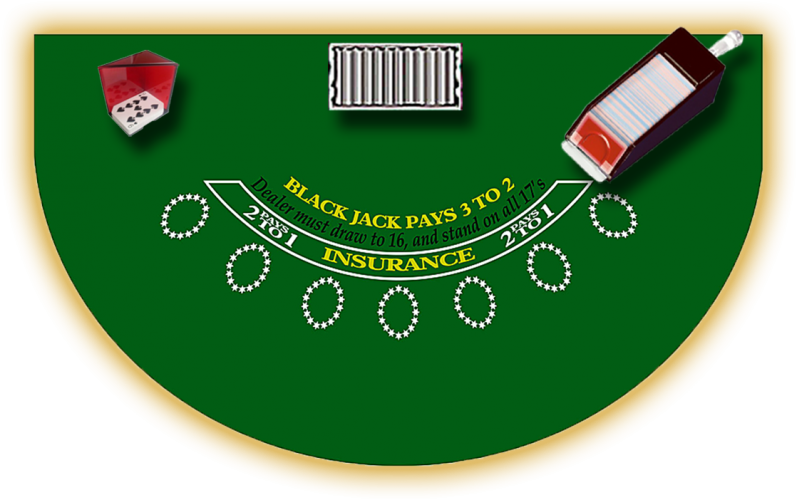Table of Contents
- Should I Split 8s In Blackjack Games
- Should You Split 8's In Blackjack
- Do You Split 8s In Blackjack
- Do You Always Split 8's In Blackjack
When it comes to trying to beat the house and get an edge at the blackjack tables, you’ll need to follow basic blackjack strategy, part of which involves splitting certain hands to maximise your opportunities to win against the dealer’s hand.
Two specific hands that we’re going to discuss in this guide are pairs of Aces and pairs of eights. Both of these should always be split into two hands when dealt to you by the dealer – or so they say.
Who says splitting Aces and 8s is something you should do?
Should I Split 8s In Blackjack Games

Who says so? Well, pretty much all avid blackjack players out there, including Edward O. Thorp in his legendary book Beat the Dealer, which has been making waves ever since 1962. Why? Because maths, and therefore basic blackjack strategy, say so.
However, if you don’t trust this advice and want to know more about the facts and figures behind splitting Aces and eights when playing blackjack online at sites like Betsson, read on as we delve deeper into the pros and cons of splitting Aces and eights.

Why is splitting Aces in blackjack a sound move?
Sometimes in blackjack, the best offense is a good defense. And splitting pairs is often a form of defense. Take a pair of 8s, especially when the dealer has a 10 face up. If we play it as a 16, we bust too often if we hit, and if we stand, the dealer beats us all 79 percent of the time he makes 17 or better. A bet equal to your original blackjack hand is also added. Knowing when to split your cards in the game of blackjack should be a vital element of your blackjack strategy. Splitting Aces in Blackjack. Splitting a pair of aces seems like an obvious move. Choosing not to split, the best you can get is a soft 12.
When you think about it carefully, being dealt a pair of Aces in blackjack – online or offline – is probably one of the poorest hands you could possibly receive. It holds a value of either 2 or a soft 12, accordingly.

The problem is that if you take a third card, there is almost a 33% probability of going bust given there are a minimum of 16 cards left in the deck that are worth ten points, which means you could bust your hand from 12 to 22. However, when you split these two Aces, you are left with two hands of either 1 or 11, which gives you a 33% shot of landing 21 with your next card.
Why are beginners uneager to split in blackjack?
To some beginners to playing blackjack online or offline, splitting hands and playing with multiple hands at once can feel like a daunting prospect.
Why? Because you must pay for the privilege of splitting, which can feel risky to newcomers – particularly those who are worried that they might not have the bankroll to handle the minimum bets over the long term.
Is it worth learning to split as a new blackjack online player?
In short, yes. We’re here to reinforce that splitting Aces and eights is the right play to make. If you don’t choose to split Aces for fear of risking too much per game, you’re handing over a huge advantage to the house.
By splitting your Aces, you are giving yourself almost a 33% chance of at least one of your hands receiving a second card worth ten points, giving you 21 and a virtually unassailable score – unless the dealer also has 21 and you tie or ‘push’, which can still be to your advantage, depending on the particular rules of the blackjack variant you’re playing.
Why does splitting 8s in blackjack make sense?
Handling a pair of eights can also bring out beginner blackjack players into a cold sweat. When it comes to blackjack split rules, though, eights should largely be recognised as an instant split, just like Aces.
When you think about it, a pair of eights leaves you with an uncomfortable hand worth 16. Basic blackjack strategy suggests that you only stand on hands worth 17 or more, especially if the dealer’s face-up card is worth 7 or more. If you stand on a hand worth 16, the dealer is statistically likely to beat you. Furthermore, for those of you who like taking risks, if you hit and take a third card in this scenario, then chances are you will go over 21 and bust, because of the sheer number of cards left in the deck that count as ten.
What is the probability of hitting a 10 after splitting 8s?
By splitting a pair of eights into two new hands, you’ll have two starting hands with a value of 8 each. Again, this gives you around a 33% shot of landing a ten or face card to turn one of your hands from 8 into 18, which is a solid hand to stand on in most blackjack split scenarios.
It’s also possible to land a nine, thus changing your hand value from 8 to 17, which can sometimes lead to a push or even a win if the dealer busts.
Are there any restrictions to splitting 8s?
While some casinos will restrict you to just one additional card when you split Aces, there are no such restrictions when you split eights.
That’s great news because, in the event that you receive a two or a three, you can still hit 21 by landing a 10 with your third card. Don’t be afraid to pay double to split your hands, as this will open a host of possibilities compared to standing on 16 and leaving your hand open to an easy defeat by the dealer.
Is splitting Aces and 8s always a good idea?
Although most of the time splitting Aces and eights is the right play when it comes to using sound casino blackjack strategy, there are some rare instances when deviating from this approach can pay dividends.
Should You Split 8's In Blackjack
The biggest exception to the rule is when you are devoting your attention to counting cards at the table. What do we mean by counting cards? It’s a technique that some experienced blackjack players employ to determine whether there are more high-value or low-value cards remaining in the deck. This can allow players to size their bets correctly, taking advantage of calculating the probability of winning the next hand.
Should you split Aces when card counting in blackjack?
One of the rare occasions when someone counting cards may hit a pair of Aces rather than split them is if the deck count is negative and the dealer’s up card is an eight, nine or ten. A negative card count means there are not as many tens remaining in the deck, making it more likely that you will hit a lower-value card and improve the value of your hand without going bust.
Do You Split 8s In Blackjack
Should you split 8s when card counting in blackjack?
If the deck count is positive – meaning there are more tens in the deck than usual – some may also opt against splitting eights, especially when the dealer’s up card is something like a five or a six. With more tens in the deck, there is a higher chance of the dealer busting their hand from 5 or 6 to 25 or 26 in the space of two cards.
Should a negative deck count affect your decision to split Aces?
Another scenario when splitting Aces is not such a good idea is when the dealer’s up card is worth 10 and you are holding a pair of Aces.

Do You Always Split 8's In Blackjack
Particularly if the deck count is negative, the only chance you will have of winning by splitting those Aces is landing a ten for each hand. But, if the deck count is negative, you know there aren’t many tens left. In this instance, many blackjack pros prefer to play the soft 12 and take another card in the hope that it’s a six, seven or eight that will improve their hand without going bust.
Hopefully, this guide gives you the confidence to know when to split Aces and eights when you play blackjack online here at Betsson Casino. We have a wealth of blackjack variants you can explore and enjoy on our site. Just take your pick and good luck implementing your newfound knowledge!